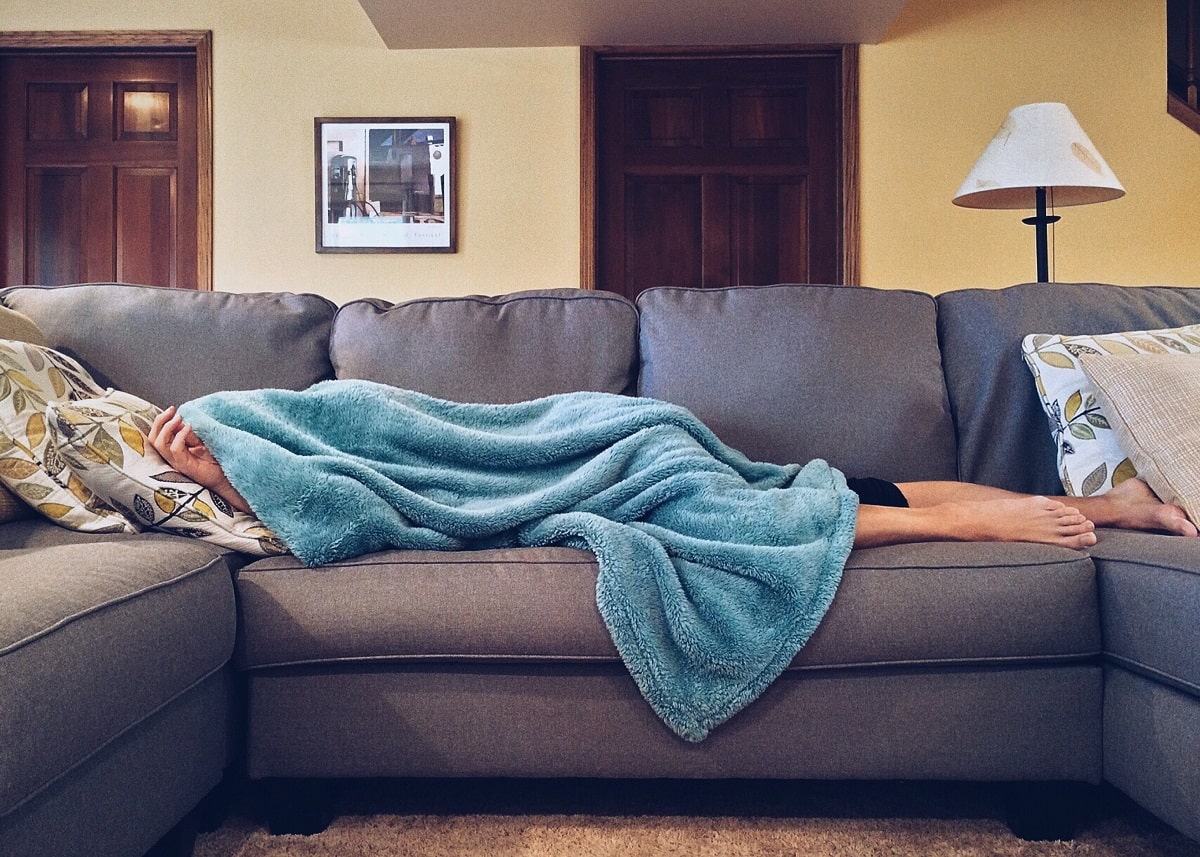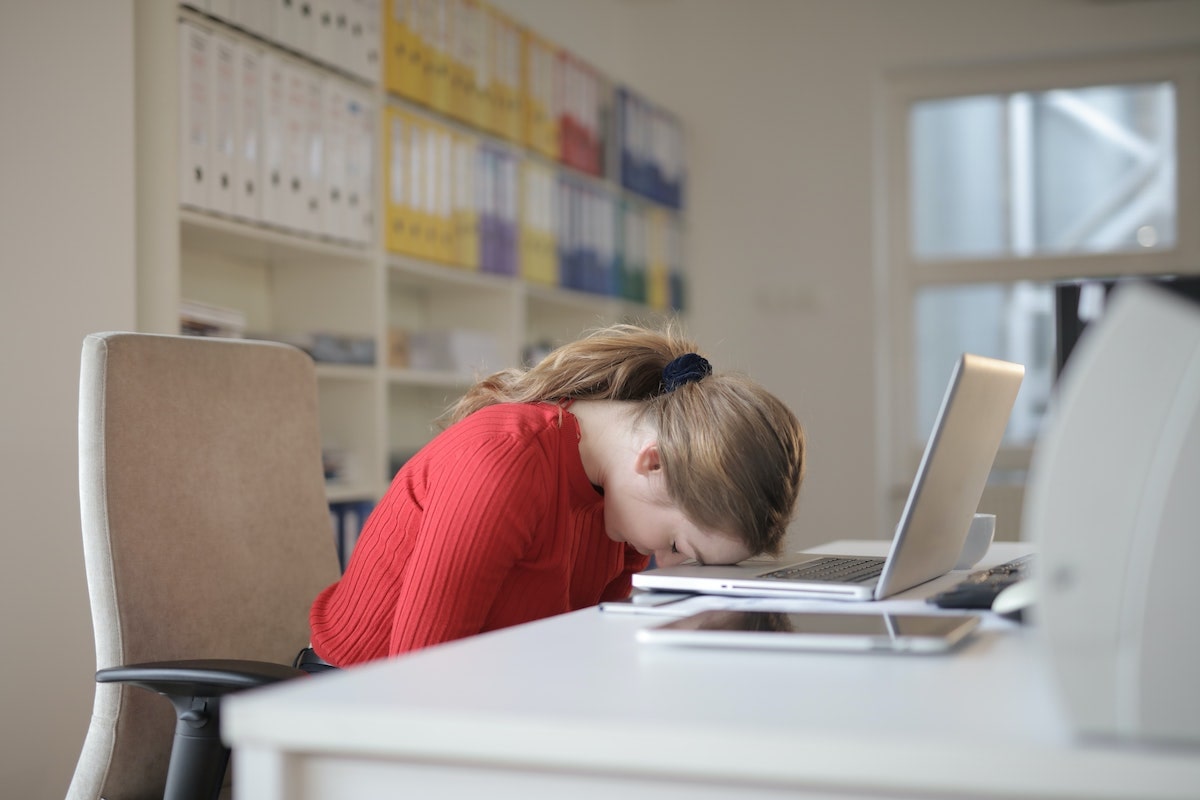Most of us have experienced the race to the couch after eating a large meal. This common phenomenon is due to postprandial somnolence, or the normal state of drowsiness following a meal. But it’s not a normal state when it happens all the time.
Why Do I Always Fall Asleep After Eating?
Understanding the reasons why you’re falling asleep after eating may help you remedy the problem. Studies have identified that there are several factors that contribute to it.
- Circadian Rhythm. Your natural body functions related to your sleep drive, and the circadian rhythm play a big part in determining your sleep patterns.
- Certain Foods. Some foods increase the desire to sleep. When glucose formed by foods high in carbohydrates, the sugar causes insulin production to increase, resulting in a decrease in energy and an increase in tiredness. The amino acid, tryptophan, is also a well-known food ingredient that causes increased chances of being tired and falling asleep after eating.
- Medications. Some medicines can cause an increase in the desire to sleep as well.
Steps You Can Take to Stop Falling Asleep After Eating
When your tendency to fall asleep after eating has become a habit, simple changes in your lifestyle can help you be less tired. Some strategies to consider and put into practice include the following:
- Stick to a regular schedule to get enough good, quality sleep.
- Plan and eat small meals and snacks.
- Get up and move, especially after eating.
- Go outside for some fresh air and “light therapy.”
- Take a 20 to 30-minute power nap.
- Listen to upbeat music.
- Practice deep breathing.
- Chew gum to stimulate facial muscles and increase blood flow to your brain.
- Drink plenty of water to ward off fatigue-causing dehydration.
- Do not include alcohol with meals.
- Adjust or change your eating habits, making sure to include foods with increased amounts of fiber and to reduce foods that are rich in tryptophan.
- Consider a moderate intake of caffeine products. The quick jumpstart you get from coffee or tea might not be worth the energy letdown as the caffeine wears off.
- Keep a food journal in which you record when and what you eat, as well as how you feel afterward. Then look for and identify patterns.
When to See Your Jacksonville Sleep Center Physician
If these simple changes do not help you keep from falling asleep after eating, then it would be wise to consult with your physician to help you determine if there are any underlying medical problems. He or she can order tests to rule out previously undiagnosed conditions such as diabetes, hypoglycemia, anemia, depression, sleep disorders, and food sensitivities or allergies. Using your food journal as a tool, she or he might also suggest an elimination diet so that fatigue-causing trigger foods can be identified.
Sleep Doctor in Jacksonville, FL
It’s not unusual for a person to experience lowered energy after eating a meal or a heavy snack—it’s actually a natural response. However, when your “natural response” becomes an “after-every-meal-occurrence” or when your quality of life is impacted—it’s a problem. The good news is that there are ways to take control with your doctor’s guidance. At Jacksonville Sleep Center, our Board-Certified Sleep Physician can help you develop a plan to get you on the path to good health and good sleep. Contact us today.


